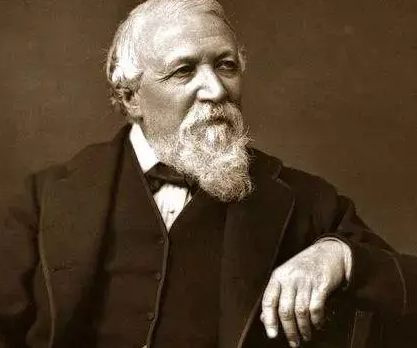The Emperor Wuzong of the Ming Dynasty, Zhu Houzhao, presided over a period in which the country experienced numerous peasant rebellions. These rebellions not only shook the foundation of the Ming Dynasty's rule but also exposed the severity of social conflicts at that time. This article will explore the reasons for the peasant rebellions during Zhu Houzhao's reign and how the generals of this period were related to them.

I. Social Conditions During Zhu Houzhao's Reign
During Zhu Houzhao's reign, social conflicts in the Ming Dynasty intensified. On one hand, the autocracy of the emperor worsened, and the of eunuch interference in politics became severe. On the other hand, corruption among local officials and heavy burdens on the peasants led to widespread hardships among the people. Additionally, frequent natural disasters severely affected agricultural production, further adding to the peasants' miseries.
II. Frequent Occurrence of Peasant Rebellions
Against this backdrop, peasant rebellions broke out frequently. Some notable rebellions include the Liu Liu and Liu Qi Rebellion and the Rebellion of the Prince of Ning. Although these rebellions were ultimately suppressed, their occurrence already indicated problems within the Ming ruling clique and neglect of the peasants' issues.
III. Generals During Zhu Houzhao's Reign and Their Roles
Generals such as Jiang Bin, who served during Zhu Houzhao's reign, reflected the flaws in the Ming military system. Jiang Bin, who rose to power through collusion with eunuchs, lacked genuine military talent. This led to corruption within the army and chaotic management, rendering it ineffective in suppressing the peasant rebellions. At the same time, the corruption of the army further exacerbated public dissatisfaction, providing opportunities for the peasant rebellions to gain momentum.
IV. Relationship between Peasant Rebellions and Generals
The relationship between the peasant rebellions and generals during Zhu Houzhao's reign is mainly reflected in two aspects: first, the incompetence and corruption of generals led to the army's inability to effectively suppress the rebellions; second, the existence of generals reflected deeper problems in the Ming military and political systems, which were the root causes of the frequent occurrences of peasant rebellions.
Conclusion:
The peasant rebellions during Zhu Houzhao's reign were a direct manifestation of the intensifying social conflicts in the Ming Dynasty. These rebellions were closely related to the incompetence and corruption of the generals of that time. Through analyzing the peasant rebellions and generals of this period, we can gain a deeper understanding of the political and social conditions in the late Ming Dynasty and the complex factors that led to the outbreak of peasant rebellions.
Disclaimer: The above content is sourced from the internet and the copyright belongs to the original author. If there is any infringement of your original copyright, please inform us and we will delete the relevant content as soon as possible.
































